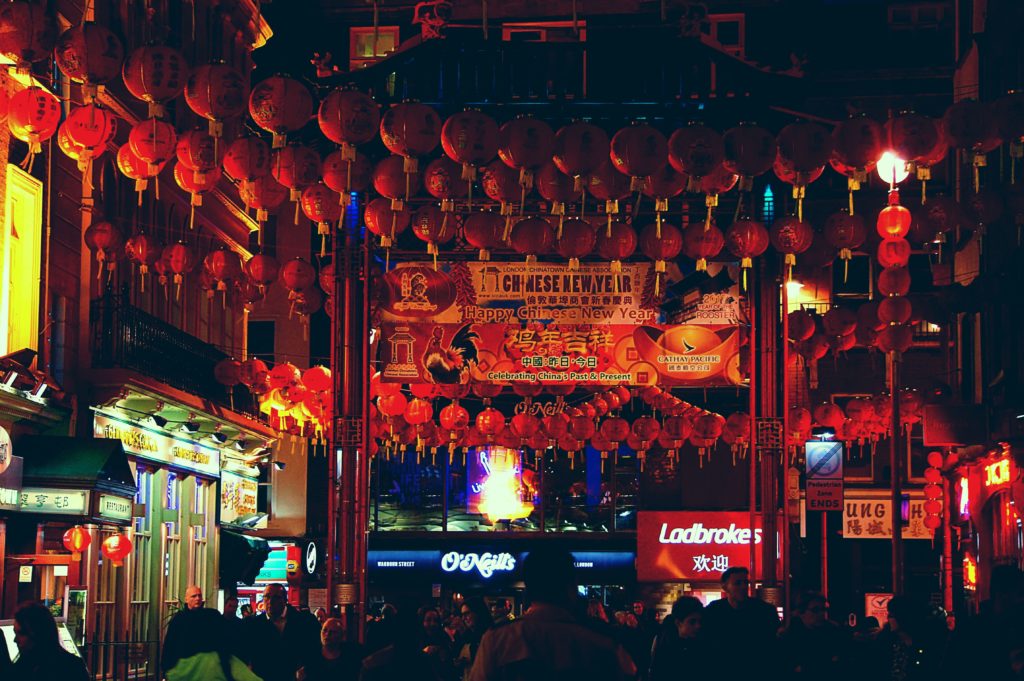
Before having lived in China I would never imagine how, in such a large and industrious nation, the manufacturing industry goes dormant for nearly a month around the Chinese New Year holiday. To clarify Chinese New Year is a day. Spring Festival is the holiday period that unofficially extends several weeks around either side of the Chinese New Year day. The terms Spring Festival and Chinese New Year are often referred to interchangeably. Companies in the Android manufacturing space usually close for 2-3 weeks, but not at the same time as each other, often creating a month between when some companies close and others open. The timing of Chinese New Year is based on the lunar calendar and falls around Jan/Feb. Spring Festival is the biggest holiday in China. Factory workers across the nation choose to sacrifice substantial income to spend time with their family. By law factories must pay 3 times salary to anyone working during the Spring Festival, but I’ve never seen any factory that has enough workers willing to work to stay open. Spending time with family during this holiday means a lot to the typical Chinese person. The trips home for many of these factory workers often take 48+ hours since they use cheaper slow trains instead of the more expensive high speed rail or planes. That amounts to 4 days of cramped slow traveling to go home and back so workers want to make sure they have enough time off to justify the trip. This is why many factories close for 3 weeks instead of just 1 week, the official length of the Spring Festival holiday.
Factories stay closed for the longest amount of time, compared with other types of businesses, as their operations depend on when a relatively low paid workforce leaves and returns. Most mid-sized companies in the electronics manufacturing industry like engineering firms or component traders stay closed for 2 weeks; factories often for 3-4 weeks. People making higher salaries can afford faster transportation and usually have the financial means to see their family more often which is why companies with higher average salaries don’t have to stay closed as long. Since these people are paid more the owners have more control over their schedules whereas a factory worker could easily find another job for similar money if the owner won’t agree to their vacation schedule.
One thing that makes electronics, particularly Android products, different than many other products is the long list of components that go inside a tablet or smartphone. If any of the component suppliers are unable to deliver a single component the whole production goes on hold. To avoid a massive delay all components must arrive to the assembly plant before the component suppliers go on vacation. Since the assembly factories usually deal with many rushed last minute orders not all of the orders get finished before the holiday. Orders that have delays caused by sub suppliers get pushed back first because the factory would rather focus on orders that are more efficient to deal with. Factories can’t control the exodus of workers who buy early train tickets to return home. Many of these workers must leave early because later tickets are already sold out. Every day as the holiday approaches more workers leave which lowers factory output.
Many variables affect the success of getting an order shipped before the holiday starts. For clients to protect themselves they must know what date Chinese New Year lands on (the day changes each year) and plan their production needs at least 3 months in advance. Keep in mind the following strategies to avoid delayed orders and missed opportunities around Chinese New Year.
What to do to increase chances of a successful Spring Festival shipment:
- Order inventory of long lead time parts in advance. If you end up not needing them before Spring Festival then you can use them on a future order. Generally the longest lead time parts in an Android tablet or Android smartphone are the battery, PCB (just the board, not the components that go on the board), and charger. Fortunately these are some of the lower cost components so take the risk and get these ready early.
- If your new order has changes to your product since the last order, the new order volume is significantly larger, or it’s the first time doing a new product then sending someone from your team to oversee and make on site decisions could save a lot of time. This avoids communication mishaps, improves you team’s knowledge about the manufacturing process, and potentially strengthens your supplier relationships, all of which add long term value.
- Before going into production test samples as much as possible Normally factories can use workers to rework problems, but if the factory’s workers have left the shortage of labor resources may result in not having an option to rework. Test as much as possible beforehand to avoid timely backtracking during the manufacturing process.
- Clearly layout requirements. There are so many little details that go into manufacturing a custom Android device. (Back to #2) In the event that the factory does something differently than what you want being present to see the problem early on could save the order from delay. If coming to China isn’t an option ask for images of products and packaging as they come off the line.
What not to do to increase chances of a successful Spring Festival shipment:
- Avoid making a last minute change to assembly factory or sub suppliers. A client recently asked me to change assembly plants if the one we’ve been working with can’t ship before Spring Festival. Doing this adds risk of delay and much worse. A factory that has experience making a custom Android product has insight about nuances that improve quality and save time. Additionally the old factory has existing relationships with the sub suppliers so they can work through any sudden material problems that arise. Just like training for a sport, manufacturing excellence happens over time through repetition. Starting with a new assembly factory or sub supplier during a high pressure order introduces dangerous variables with a lot at risk.
- Don’t openly offer to pay extra money. Your supplier should already be making money on your product and this offer sends the wrong message. They are working for the value of the relationship, which means their reputation and your future business. Suppliers with low ethics will see this offer as a sign of weakness and it makes you vulnerable to an on-going price hike on future orders. The only possible value that an extra payment would make at this point is to influence a key decision maker to prioritize your order over another client. As it’s unlikely your payment would substantiate paying for alternative transportation for workers and cover their triple salary cost the workers will go home as planned. If you feel a bonus is the last resort then figure out who is the key decision maker (probably not the sales person/account manager) and discreetly offer a bonus to that person, paid after the result is achieved. You’ll probably need to be on-site to identify the right person and communicate appropriately, but even then you may not get the result you want.
Following the tips listed above will increase the chances of getting your shipment out before your supplier closes for Spring Festival and allow you to enjoy a happy Chinese New Year. 🙂




